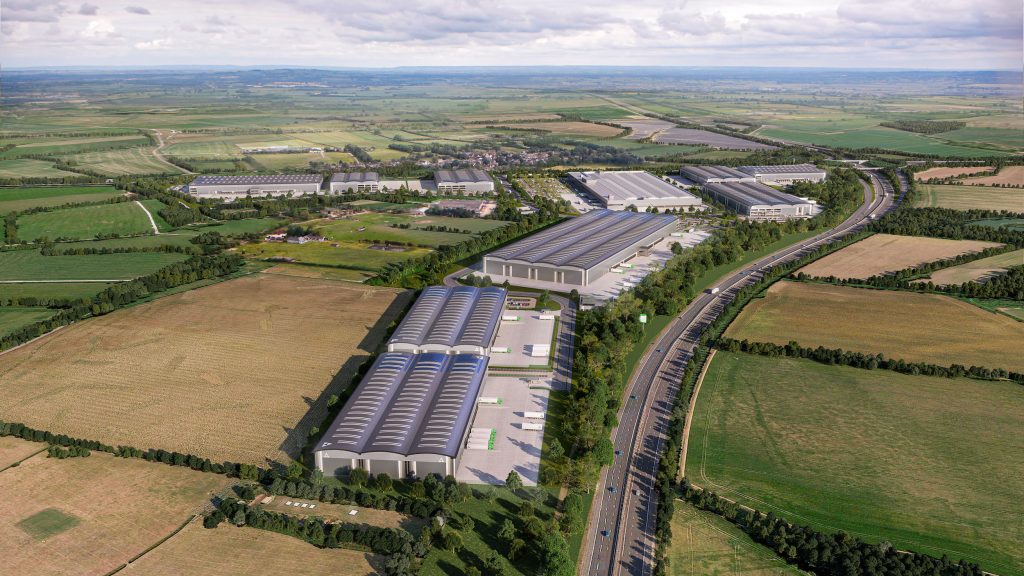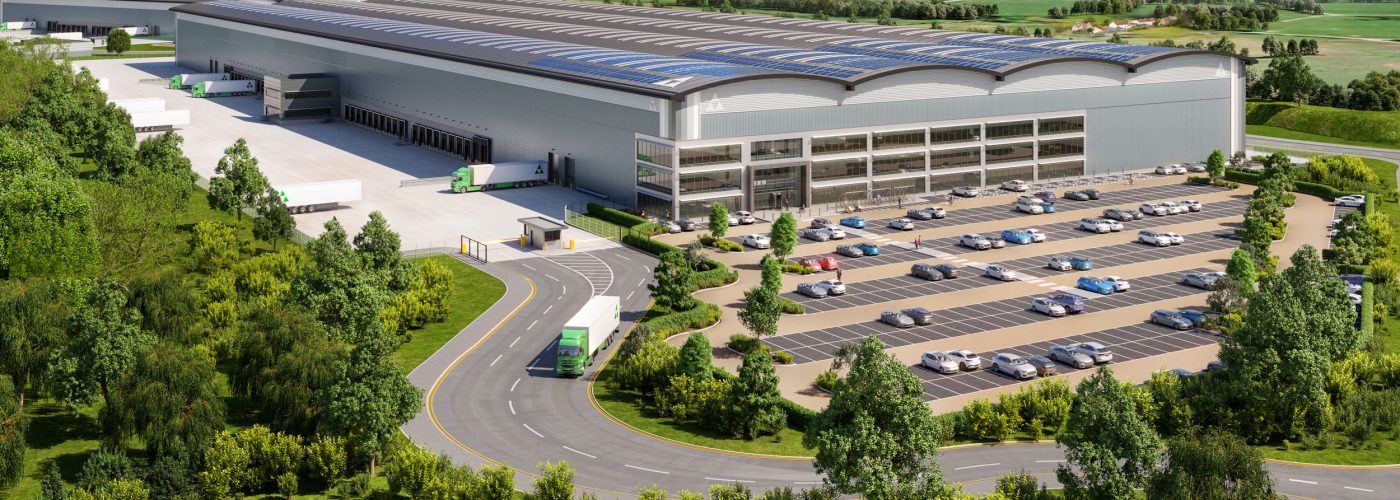- Construction begins for new site to design & manufacture MRI superconducting magnets
- Facility to include R&D hub for innovative and sustainable MRI technology
- Oxfordshire economy to benefit from 1,300+ jobs once fully operational
- The 56,000m2 site will feature high-end manufacturing automation technology
Siemens Healthineers has announced a new facility in North Oxfordshire that will design and manufacture superconducting magnets used in healthcare facilities globally for MRI patient scans. With an investment of £250 million, the site will be home to novel technology that minimises the use of helium, making scanners lighter, easier to install and more sustainable. Construction has begun on the 56,000m2 site, which will support more than 1,300 skilled jobs. It will be the UK’s first major production site for new so-called DryCool technology, which reduces the amount of helium required in an MRI scanner from 1,500 litres to under a single litre. The new facility, which will be operationally carbon-neutral, will provide a range of financial, infrastructure and environmental benefits to the local economy from its planned opening in 2026, underlining the company’s decades-long commitment to manufacturing in the Oxford area.
Prime Minister Rishi Sunak said: “I am delighted Siemens Healthineers has chosen Oxfordshire for its new facility, supporting over 1,300 skilled jobs in the area, and reinforcing the region’s status as a vanguard in healthcare and R&D. But as well as the incredible local benefits this will bring, this cutting-edge facility also presents an opportunity to enhance patient care globally – which means British innovation is saving lives around the world.”
Chief executive of Siemens Healthineers Bernd Montag said: “MRI technology plays a vital role in diagnosing disease, helping patients to get healthy and stay healthy. As a world leader in medical imaging, we are very proud to open the next chapter of our history here in Oxford. This factory will be the global centre for our innovative low-helium magnet technology, meaning we consume far less of a scarce natural resource and enable access to MRIs for many more patients.”
With high-end manufacturing automation technology in place, Siemens Healthineers will provide vital additional capacity to help satisfy rising global demand for MRI products as populations age and chronic diseases become more prevalent. The new factory will include a research and development hub responsible for new technologies such as designing and manufacturing some of the world’s smallest and most lightweight whole-body scanners.
As one of six current and future Siemens Healthineers manufacturing sites in the UK, the new facility underscores the company’s significant high-tech footprint across the country. The new site is set to support over 1,300 jobs when fully operational, including the retention of over 600 Oxfordshire-based jobs currently at an existing Siemens Healthineers facility in Eynsham. Many of the roles are for highly skilled workers such as physicists, engineers, technicians and specialised support staff. These are in addition to workers who will be employed during the site’s construction. The phased transition is estimated to be completed by 2030, subject to variable demand for the products developed at the site.
With support from developer Tritax Symmetry, the building is designed to be carbon-neutral in operation, with careful consideration for the community and environment, and strategies aimed at reducing energy demand and increasing health and wellbeing. Beyond employment, public benefits include financial investment in the local economy along with improvements to the local highway network, and environmental benefits in terms of biodiversity net gain. This is in addition to support for local services such as bus routes, footpaths and cycleways. As part of its expansion plans in Oxfordshire, Siemens Healthineers Magnet Technology will be renewing its education commitments to the local community. This includes the provision of mentoring services to students in nearby schools, in addition to increasing apprenticeship intake by a quarter over a three-year programme. The company is also a main sponsor of the Oxford Science and Ideas Festival, inspiring young people to find out more about science, technology, engineering and mathematics in the area.






